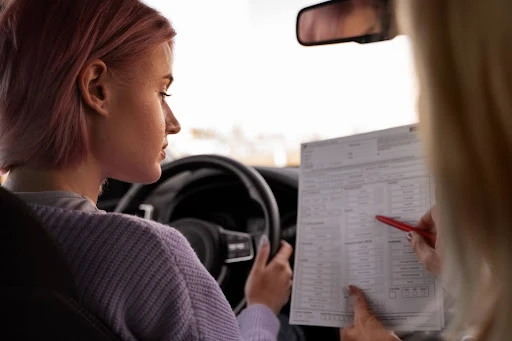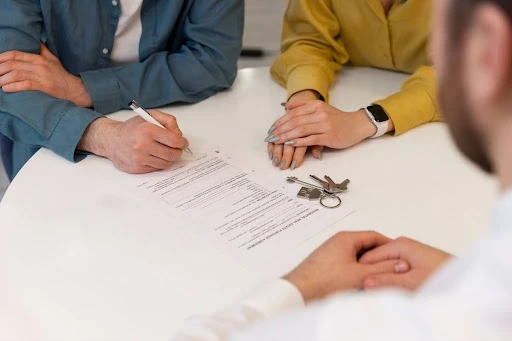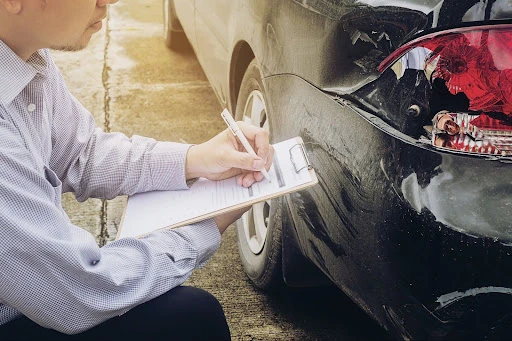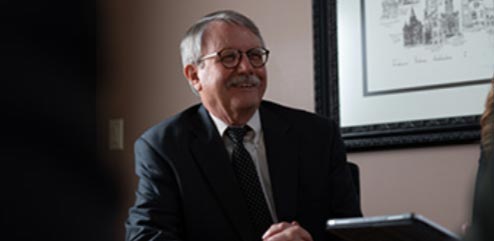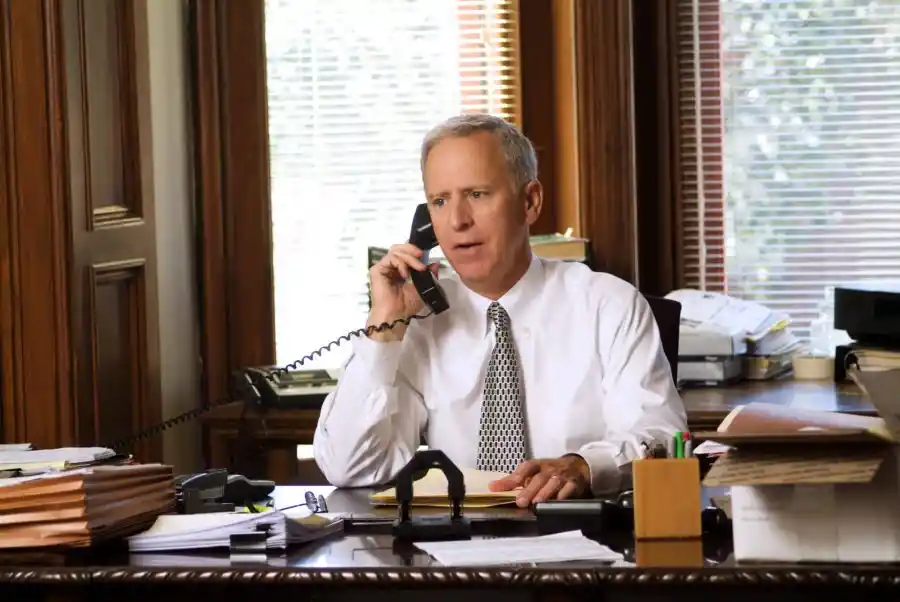
Fort Wayne Car Accident Lawyer
If you’re an accident victim looking for justice, you’re not alone. Our team of award winning Fort Wayne car accident lawyers are here to help you understand your rights, investigate, and build a case to help you claim what’s yours by law.
Christie Farrell Lee & Bell understands the impact a car accident can have on your life. This can be a devastating experience that can change your life and the life of the people you love.
From dealing with injuries and medical bills to lost income and emotional trauma, the aftermath of a car accident can be overwhelming and it’s often complex to know how to proceed in such a vulnerable situation.


